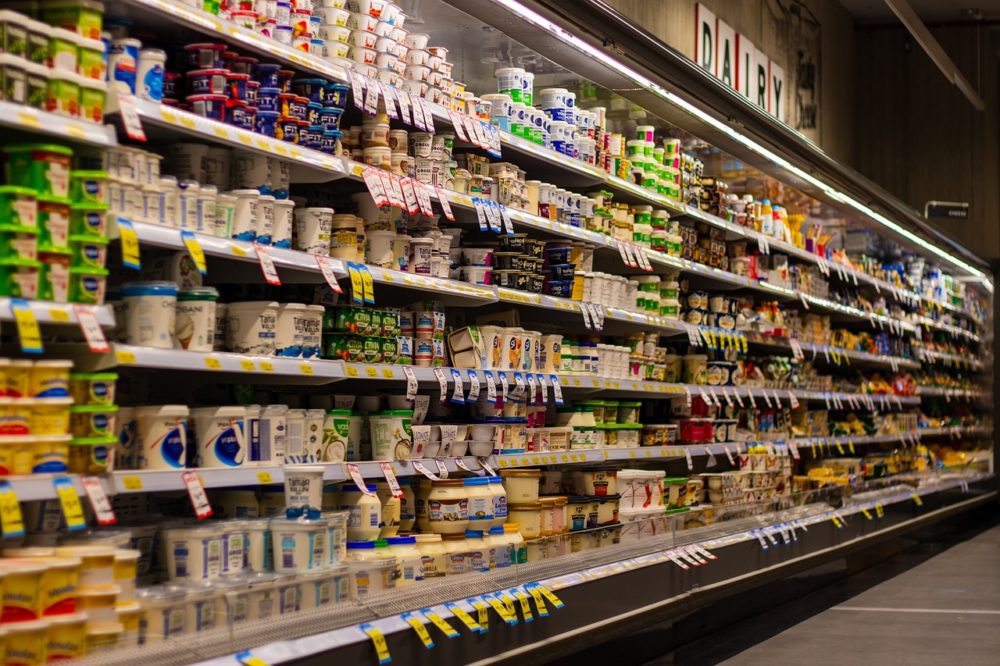Shop price inflation eases to lowest rate since December 2021

Shop price inflation eased to its lowest rate since December 2021 driven by falling food costs and competition between retailers, figures show.
Shop prices were 1.3% higher than a year ago in March, slowing from February’s 2.5% and well below the three-month average of 2.2%, according to the British Retail Consortium (BRC)-NielsenIQ Shop Price Index.
Food prices overall were 3.7% higher than a year ago, down from 5% in February, the 10th consecutive month of slowing inflation for the category and its lowest since April 2022.
Fresh food inflation slowed further to 2.6% from 3.4% a month earlier.
Non-food products
Inflation on products other than food fell to 0.2% in March, down from 1.3% in February, and its lowest since January 2022.
BRC chief executive Helen Dickinson said: “While Easter treats were more expensive than in previous years due to high global cocoa and sugar prices, retailers provided cracking deals on popular chocolates, which led to price falls compared to the previous month.
“Dairy prices also fell on the month as farmgate prices eased, and retailers worked hard to lower prices for many essentials.
“In non-food, prices of electricals, clothing and footwear fell as retailers increased promotions to entice consumer spending.”
Mike Watkins, head of retailer and business insight at NielsenIQ, said: “The slowdown in inflation continues and a key driver this month was a further fall in food prices.
“A year ago, food inflation was 15% so this was to be expected.
“But it is also helped by intense competition amongst the supermarkets as they look to drive footfall, with focused price cuts and promotional offers earlier in the month for Mother’s Day and now again in the weeks leading up to Easter.”
Support our Nation today
For the price of a cup of coffee a month you can help us create an independent, not-for-profit, national news service for the people of Wales, by the people of Wales.







The real story is still that food is too expensive despite any small fall in inflation. So too energy, housing and transport. The cost of living is completely out of sync with incomes and too many are struggling to cover the basics